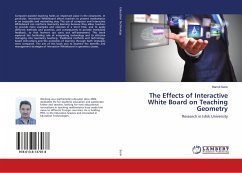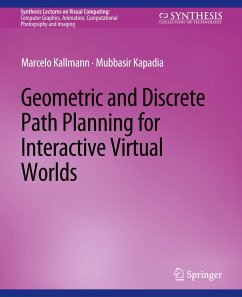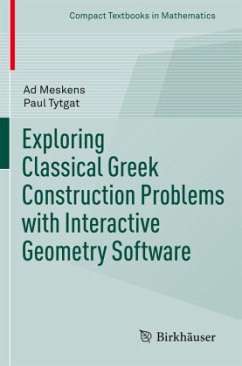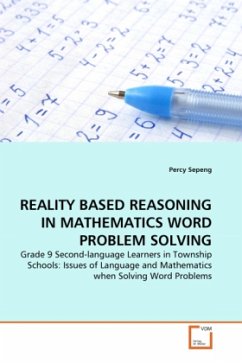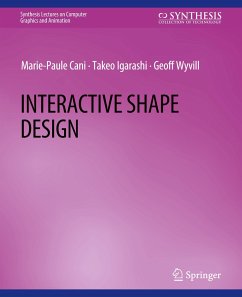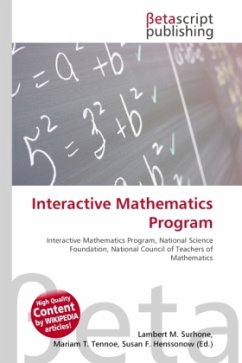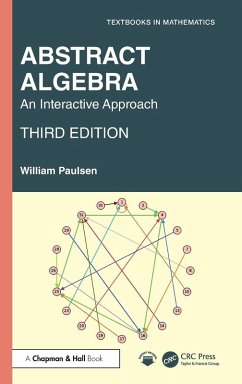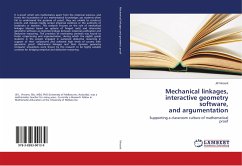
Mechanical linkages, interactive geometry software, and argumentation
Supporting a classroom culture of mathematical proof
Versandkostenfrei!
Versandfertig in 6-10 Tagen
52,99 €
inkl. MwSt.

PAYBACK Punkte
26 °P sammeln!
It is proof which sets mathematics apart from theempirical sciences, and forms the foundation of ourmathematical knowledge, yet students often fail tounderstand the purpose of proof, they are unable toconstruct proofs, and instead readily acceptempirical evidence or the authority of textbooks orteachers. This research focuses on the role ofmechanical linkages (devices based on systems ofhinged rods) and interactive geometric software ascognitive bridges between empirical justification anddeductive reasoning. The provision of motivatingcontexts was found to foster conjecturing andargumentation,...
It is proof which sets mathematics apart from the
empirical sciences, and forms the foundation of our
mathematical knowledge, yet students often fail to
understand the purpose of proof, they are unable to
construct proofs, and instead readily accept
empirical evidence or the authority of textbooks or
teachers. This research focuses on the role of
mechanical linkages (devices based on systems of
hinged rods) and interactive geometric software as
cognitive bridges between empirical justification and
deductive reasoning. The provision of motivating
contexts was found to foster conjecturing and
argumentation, during which the eighth grade students
in the project engaged in sustained deductive
reasoning in support of their conjectures and
achieved high levels of success with geometric proof.
Mechanical linkages and their dynamic geometry
computer simulations were shown by this research to
be highly suitable contexts for bridging empirical
and deductive reasoning.
empirical sciences, and forms the foundation of our
mathematical knowledge, yet students often fail to
understand the purpose of proof, they are unable to
construct proofs, and instead readily accept
empirical evidence or the authority of textbooks or
teachers. This research focuses on the role of
mechanical linkages (devices based on systems of
hinged rods) and interactive geometric software as
cognitive bridges between empirical justification and
deductive reasoning. The provision of motivating
contexts was found to foster conjecturing and
argumentation, during which the eighth grade students
in the project engaged in sustained deductive
reasoning in support of their conjectures and
achieved high levels of success with geometric proof.
Mechanical linkages and their dynamic geometry
computer simulations were shown by this research to
be highly suitable contexts for bridging empirical
and deductive reasoning.



